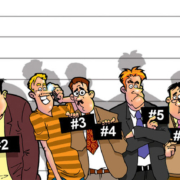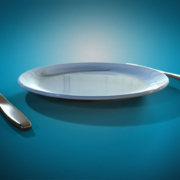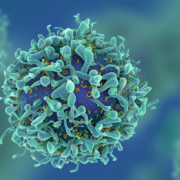A Case for Fasting
During the food poisoning episode last week, I didn’t eat for 30 hours. Of course, I had slept most of that time and eating was the last thing I wanted to do. Even though I could have started eating again, I decided to continue the fast to at least 60 hours. I continued to drink fluids—I’m not going to live without coffee—but no food or drinks with calories.
Why do this? I had just scanned a research paper written by a Japanese research group who had four volunteers fast for that long. They observed interesting changes in metabolism by measuring by-products of metabolism in blood. They took blood samples before the study and then at 10 hours, 34 hours, and 58 hours. In prior research, they had discovered 14 changes in metabolites, but this time there were 30 more changes that occurred during the 58-hour fast.
It’s difficult to establish a time-course of events as they didn’t collect blood every two or four hours, but we can compare baseline numbers with the results of the other times blood was collected and analyzed. Initially the body relies on stored sugar in the form of glycogen, but eventually sugar gets used up and the body has to rely on fat stores. Here’s observation Number One: blood sugar was consistently maintained varying only 10 mg/dl over the observed times. Surprised? I’ll tell you why that happened on Thursday.
What are you prepared to do today?









